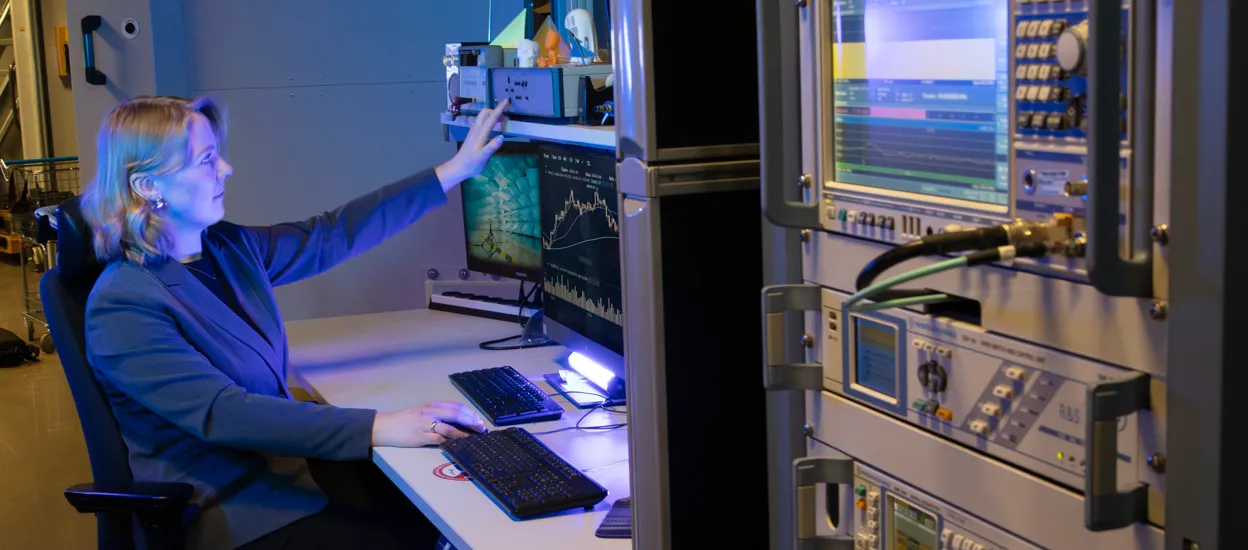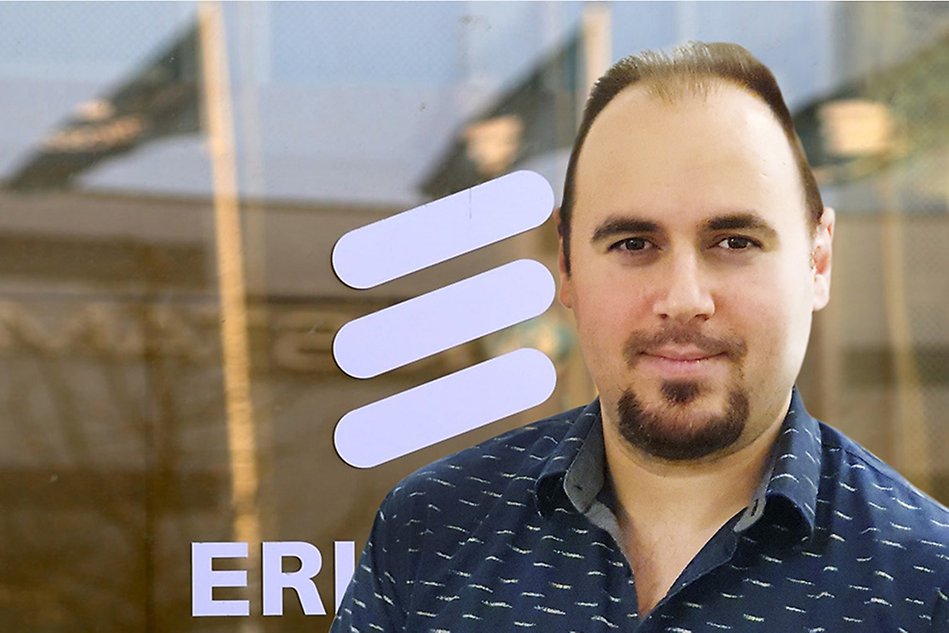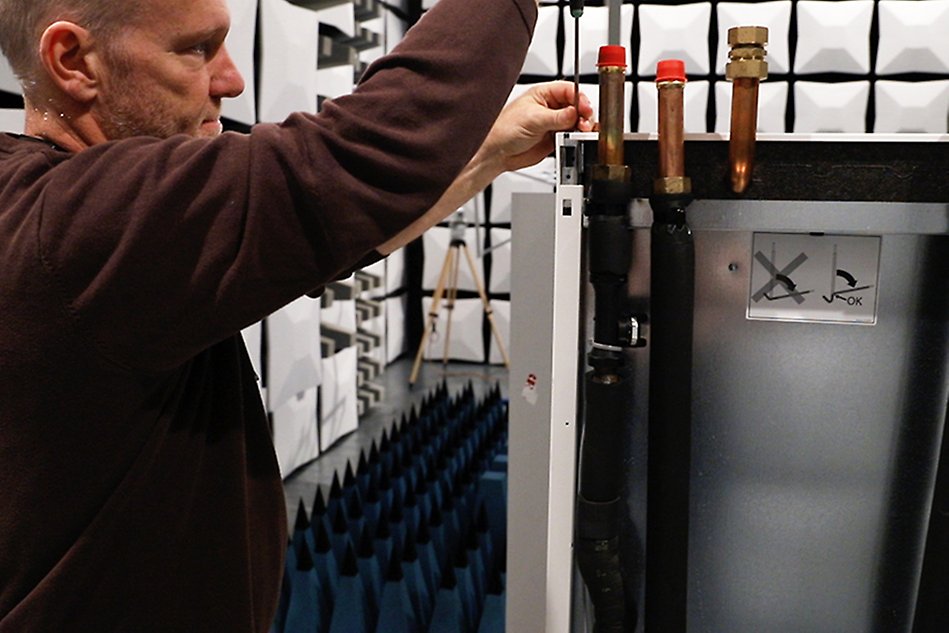
Master's Programme in Electronics Design
As an electronics engineer, you are very much sought after in the labour market, due to the explosive development of intelligent electronics. This means everything from driverless vehicles and smart homes to health technology and energy systems in the smart cities of the future. This Master's programme gives you skills to work with advanced electronics development.
Education occasions
About the education
Courses and competencies
This programme focuses on research and development in embedded systems and hardware for the Internet of Things of the future. You assimilate the theoretical and practical skills required to actively participate in the development of the future of embedded electronics and communications systems.
This means that the programme gives you real competence in semiconductor technology as well as component and circuit design. You specialise in the design and realisation of new electronic components and sensors, based on nanotechnology and wireless technology for the embedded electronics and communications systems of the future.
Learn more about the courses included in the programme in the programme syllabus.
Innovative environments
This programme has a unique link to industry and to Lund University. It is also closely linked to the Electronics Centre in Halmstad (ECH), an innovation arena in electronics development for researchers and companies in the region. ECH contains a test chamber for electromagnetic compatibility, where companies can test their products for more efficient product development.
Collaboration opportunities
During semester two, you perform your degree project in collaboration with the university's research groups or together with a company. The research group in micro- and nanoelectronics is part of a consortium affiliated with Lund University, within which you can perform advanced degree project work in a clean room environment, for example.
After the education
Degree
The programme leads to a Degree of Master of Science (60 credits) with a major in Electronics.
Career
The Master's programme in Electronics Design prepares you to work on advanced electronics development. This could mean, for example, working with future products for the Internet of Things or in robotics and autonomous systems, with applications such as artificial intelligence and self-driving vehicles.
Opportunities for further studies
After the programme, you are qualified to apply for doctoral or PhD studies.
Meet our students and alumni

Bashar Arhayem studied our Master’s Programme in Electronics Design, and now has a successful career as a developer at Ericsson, after doing his thesis project in collaboration with the company. We asked him a few questions about his current job and the learnings from his master's studies.

Student-industry collaboration created new heat pump
A master’s thesis project resulted in not only a new, smart product, but also two full time positions for the students at NIBE in Markaryd. The road was long and had a few bumps, but in the end: resulted in a new, cost-effective antenna ready to go to the market.
Contact
- Questions about entry requirements, selection and admissions: admissions@hh.se
- Questions regarding studies and career opportunities: Study and Career Guidance
- Questions about the content of the education, contact the Programme Director. Contact details can be found in the education occasions box.

